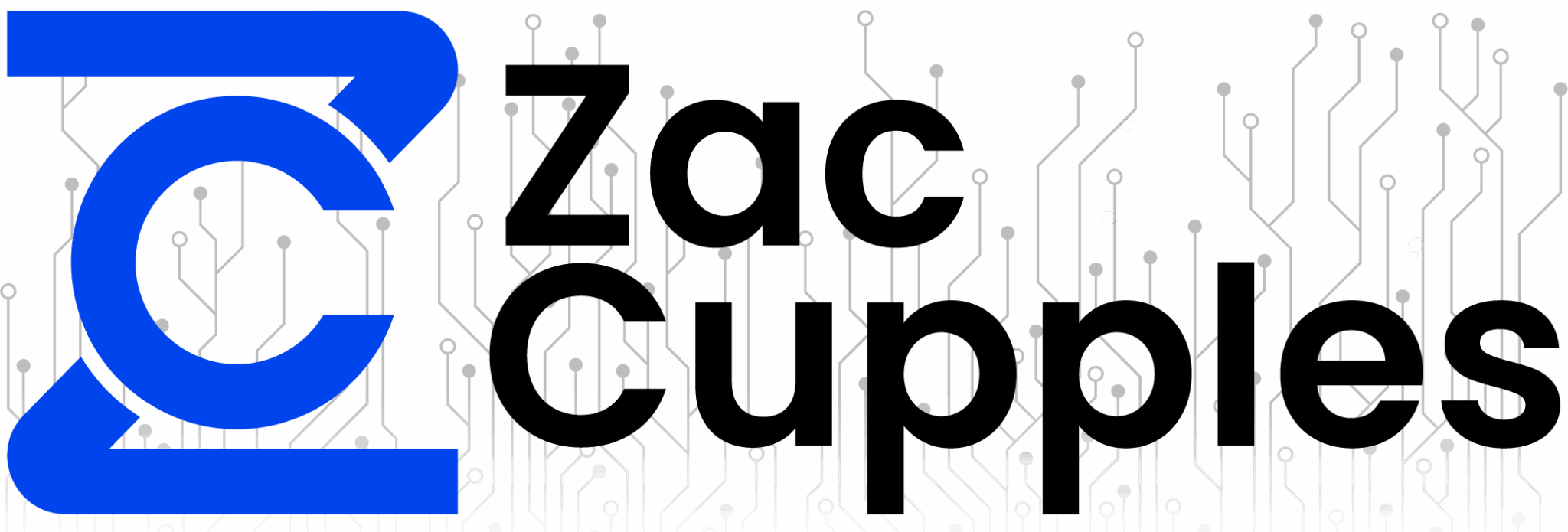Table of Contents
To All My Clinicians in the Struggle
I struggle with patients.
Those patients that I am having trouble with are who I study the most. It’s that whole learning from your failures thing.
In studying these folks, I have noticed an interesting trend.
It doesn’t involve movement.
It doesn’t involve medical history
It doesn’t involve stress (though it always involve stress)
Instead it involves language. I have noticed a few commonalities in how those patients who are either not improving or have been in chronic pain for some time talk. There is one shift, however, that I notice more often than not.
Disembodiment from Your Sports Team
I don’t really watch a whole lot of sports; I’d rather play them. Sports fans however, interest me. It’s fascinating how much ownership a sports fan takes in his or her team.
This ownership is especially noticeable when things are going well. Think of the language one may use during the following instances:
- Huge victory – “We finally beat the Packers.”
- Draft Picks – “Our team got some huge prospects.”
- Championship win – “We are the champions….my friends.”
Notice though, how oftentimes language may shift when a team is not doing so well.
- Huge loss – “The Bears lost…Again.”
- Draft flops – “I can’t believe they chose Steve Urkel first round!.”
- Championship loss – “They blew our chance of winning.”
Robert Cialdini discusses this concept in his book “Influence: The Psychology of Persuasion.” When our team is winning, we manipulate our association to said team to improve our self-image. On the flip-side, when our team is losing, we will do things to distance ourselves (you can read an interesting study on this here). Perhaps it switches from “we win” to “they lost.” Or perhaps we wear team jerseys after a victory and regular clothes after a loss.
This same concept seems to apply to pain states. Think about those folks in acute pain/injuries:
- “My neck hurts.”
- “I tore my ACL.”
Compared to those who perhaps are in more chronic pain states, or at least those folks who I have noticed are not doing well.
- “It hurts in the neck.”
- “It must be that bulging disc.”
- “I have the neuropathy.”
The former examples still have ownership with their problem, while the latter distances themselves. They become disembodied from the perceived affected area.
They lose the area’s image. They no longer love their team. That shoulder jersey they used to wear stays in the closet.
I’m going to quit using my arm.
I’m going the start calling my arm “the” arm.
I’m going to start saying the arm is killing me (to which I ask the patient if I should call the cops).
I’m going to persist in a chronic pain cycle.
What to Do What to Do
A patient’s descriptors and metaphors can play a critical role in how the pain experience is perceived. If thoughts and beliefs are what seem to impair one’s function, then it is those impairments that must be addressed.
Your goal is to get the patient to fall in love with the affected area again.
In order to play neurological cupid, shifting a patient’s language can have profound effects. It may be as simple as just making them aware of how they are describing the affected body region; relating these descriptors to brain smudging. You could also use the sports fan example above:
“Your perception of pain has led you to become a disgruntled fan of your shoulder. You need you [notice how I frame the needs to what they need to improve] to become a super fan of your shoulder again. It is your shoulder; take ownership in it. I’m going to show you some gentle exercises that will give you that winning streak you need to start cheering for your team again.”
Regardless of what direction you choose to go, you have to do all that is possible to change your patient’s perceptions, thoughts, beliefs, and fears regarding the pain experience.
It’s one of the hardest things we have to do.
What are some of your tips, tricks, phrases you notice?
